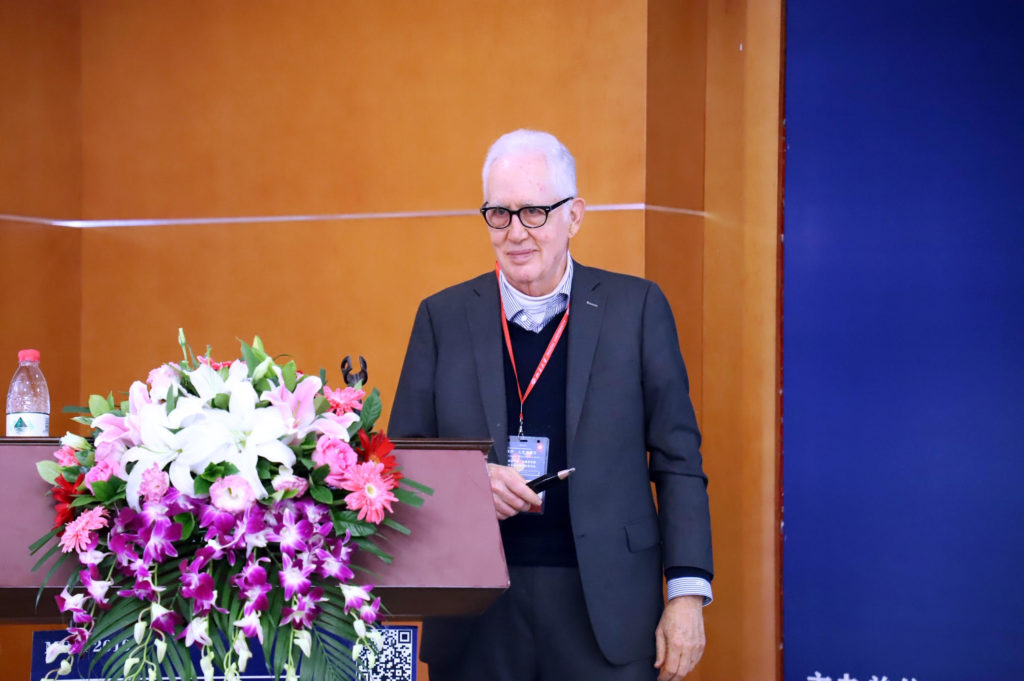In the late 13 th century, Marco Polo returned from China along the Silk Route carrying noodles. I returned from a mid-November Beijing conference on “Medicine, Humanity, and Media: Health China and Health Communication” impressed by the courtesy and curiosity of my hosts and colleagues.
Joined by some distinguished scholars from George Mason U., the University of Dayton, and countries as diverse as Canada, Korea, Singapore, Taiwan, and China itself, I was honored to be asked to make both keynote and lecture presentations on health communication November 9- 11 at the most prestigious university in China, the University of Peking. Both presentations focused on my ongoing research using “community structure theory” to explore connections between community (city or nation-state) demographics and variations in coverage of critical issues, in this case, health-related topics such as food security, drug trafficking, human trafficking, and condom promotion. Contrary to popular expectations that media typically mirror the interests of political and economic elites, the research I conduct with TCNJ undergraduates finds that cross-national media emphasis on “government” (as opposed to “societal”) responsibility for these issues is consistently linked to measures of national political and economic (agricultural) “vulnerability”.

What I appreciated most about my invitation to Beijing was the courtesy and curiosity I encountered. I was struck by how “contained” the social system is. Because both Google and several Apple-driven applications were blocked by the government, I was unable to retrieve or send emails on my laptop, or to view any news in English from the outside world. Yet my overall reaction is gratitude. Multiple graduate students were assigned to accompany visiting scholars everywhere, whether from our hotel to the campus, to lunch, or shopping. Visiting scholars never paid for meals or transportation, including to and from the airport. In addition, grad students and junior scholars were vibrantly inquisitive about our research, asking many intelligent questions, eager to learn how to publish in English-language professional journals.
Overall, I returned to the US with robust respect for the training, motivation, and curiosity of some of the most courteous colleagues I have ever encountered. If Chinese colleagues visit TCNJ in the future, I hope to show them the same warm, welcome they extended to me.
